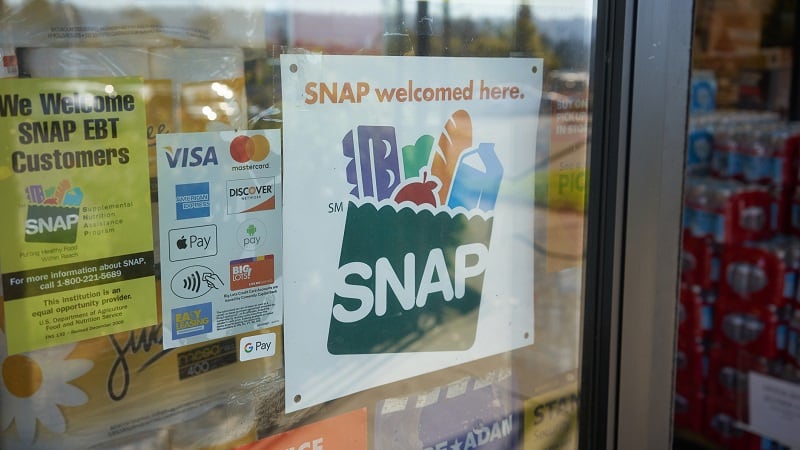From Gen Z’s wellness-driven eating habits to the policy challenges over ultra-processed foods – and Coca-Cola’s beverage focus – this week highlights how health and reformulation are reshaping the grocery aisle
As younger consumers reshape what “healthy” means, policymakers wrestle with how to regulate processed foods and major beverage brands like The Coca-Cola Co. pivot toward protein and low sugar, the industry continues navigating an era of health-driven innovation.
Young consumers redefine food & nutrition
According to new data from SPINS, Gen Z and Millennial consumers are driving what the data analyst firm calls a “nutrient-density renaissance.” These shoppers prioritize protein, fiber and gut health, seek bold global flavors and clean labels. More than half say they follow a high-protein diet, and nearly 90% say they avoid ingredients such as high-fructose corn syrup or artificial sweeteners.
Generational research by Circana also shows younger consumers favor convenience, flexibility and digital-first shopping, seeking energy, productivity and work-life balance – while older consumers lean toward preventative care and simplicity.
Pending ultra-processed food regulation creates a challenging terrain
Experts warn that any blanket regulation of ultra-processed foods could backfire – particularly if paired with reduced public health investment – because current classification systems (like NOVA) may group dissimilar foods together and penalize convenient fortified options.
In the debate over regulating UPFs, a survey by the Non‑GMO Project found that while 72% of US consumers say they are trying to avoid UPFs, many don’t actually know how to define them – and most significantly underestimate how much they consume. Trust in food companies is low too: 47% reported little or no trust.
Meanwhile, in California, a landmark law signed by Gov. Gavin Newsom will require the state to define “ultra-processed foods of concern” by mid-2028, begin phasing them out of school meals by 2029, and fully ban vendors from supplying them by 2032/35.
Big beverages lean into protein & sugar reduction
The Coca‑Cola Company is responding to shifts in consumer habits – including those driven by appetite-suppression drugs like GLP-1s – by doubling down on zero/low sugar offerings and targeting the protein-rich segment.
As sugar awareness is getting stronger among younger consumers, and taste/texture demands are rising, Coca-Cola is expanding production of ultra-filtered milk, ready-to-drink protein shakes and otherwise positioning itself to meet a more health-conscious, convenience-seeking market.



